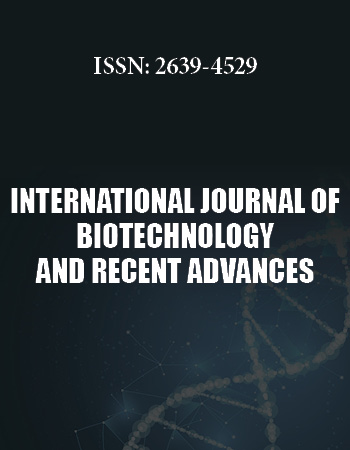International Biotechnology and Research Conference
April 25-27, 2018 Rome, Italy
Curcumin Reduces Antioxidant Activity Following Spinal Cord Injury in Rat Model
1Biotechnology Program, The American University in Cairo, Egypt
2Department of Biology, School of Sciences and Engineering, The American University in Cairo, Egypt
3Anatomy Department, Faculty of Medicine, Alazhar University, Egypt
Spinal cord injury is a debilitating disability. Oxidative damage and inflammation are two hallmarks of the secondary spinal cord injury. The objective of this study was to evaluate the potential of Curcumin (a polyphenolic compound extracted from the rhizome of Curcuma longa that has been known to possess antioxidant and anti-inflammatory properties) as an antioxidant and anti-inflammatory agent following spinal cord injury in rats, and to compare its therapeutic effects following local application directly to the injury versus its oral dietary supplementation in a spinal cord hemisection model at T9-T10. Female Sprague Dawley rats were randomized into a control, injury, and treatment groups of local single dose of Curcuma longa extract immediately on the injury site and a Dietary supplement group. Crude Curcumin was added to the animalsʼ feed (10% of daily feed) one week before and week after injury. Oxidative stress parameters were Malondialdehyde (MDA) and total antioxidant capacity (TAC). Expression of tumor necrosis factor alpha (TNF α) and interleukin 6 (IL-6) was detected using Enzyme Linked Immunosorbent Assay (ELISA). Our results show that at 7 days, although Dietary supplement was effective in increasing TAC levels and lowering TNF α expression levels, it did not affect MDA levels. Local treatment regimen has shown to be more effective on all four parameters. Our results demonstrate that local Curcumin application directly on the injury site might be more efficacious in alleviating oxidative damage and reducing inflammation following spinal cord injury.
Biography:
Ahmed Abdellatif is an assistant professor of biology at the School of Sciences and Engineering, The American University in Cairo, Egypt. He received an MSc and a PhD from the University of Louisville, School of Medicine in Anatomical Sciences and Neurobiology. He also earned an MBBCH and a Master of Science in anatomy and embryology from Alexandria University School of Medicine. Before joining AUC, he was involved in curriculum design for medical education and taught medical and graduate level courses in human gross anatomy, neuroscience. Dr. Abdellatif has been interested in drug delivery and the development of cost effective treatments using natural herbal extracts for various applications.


